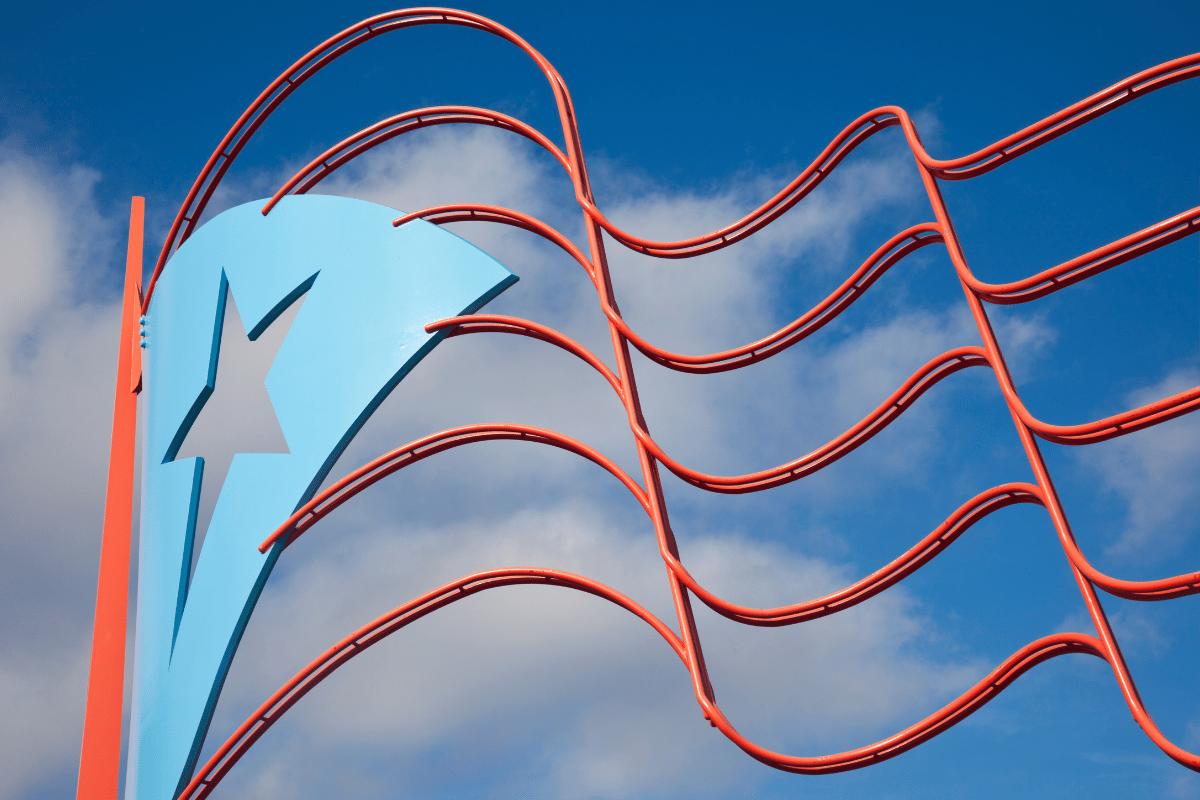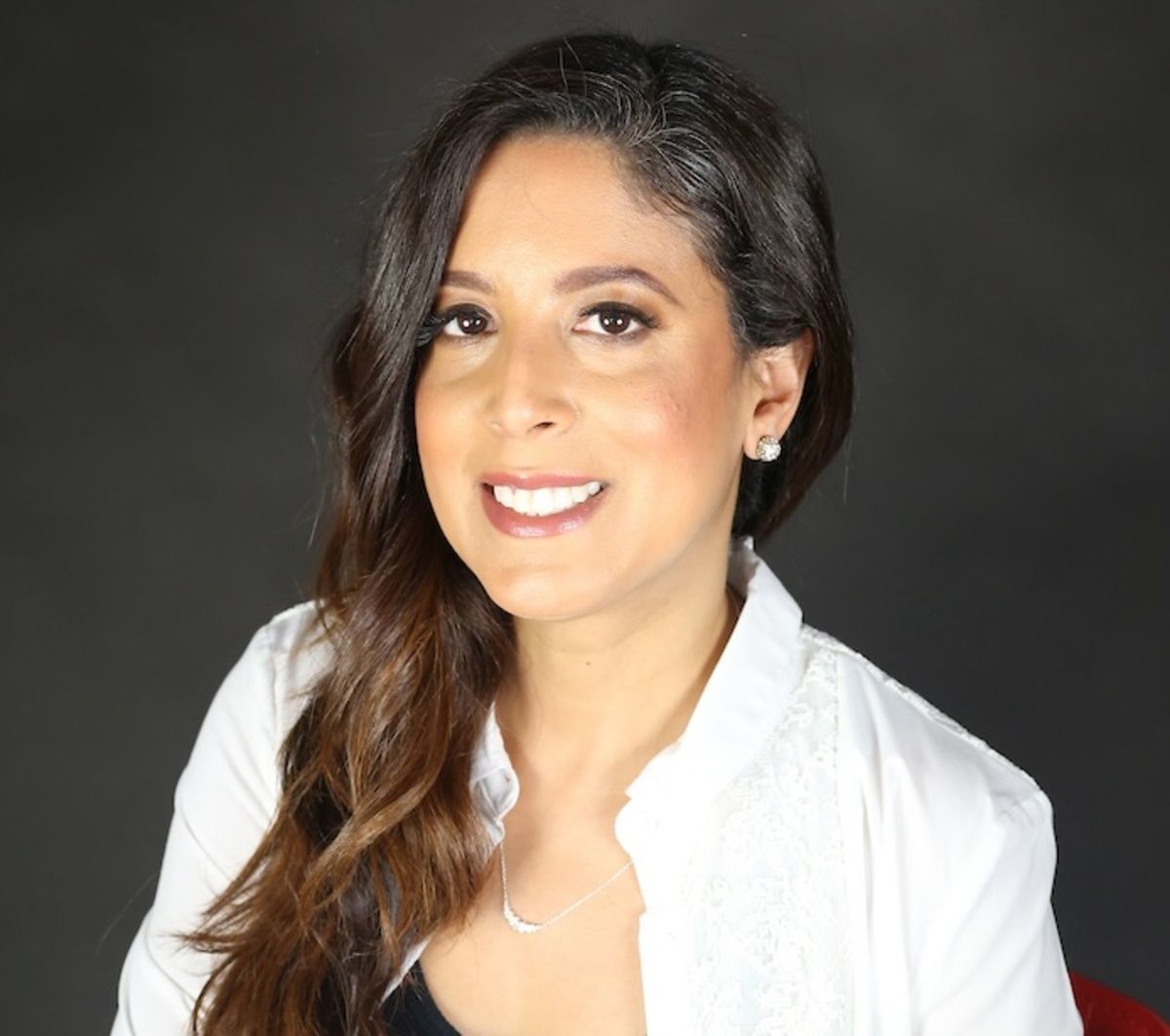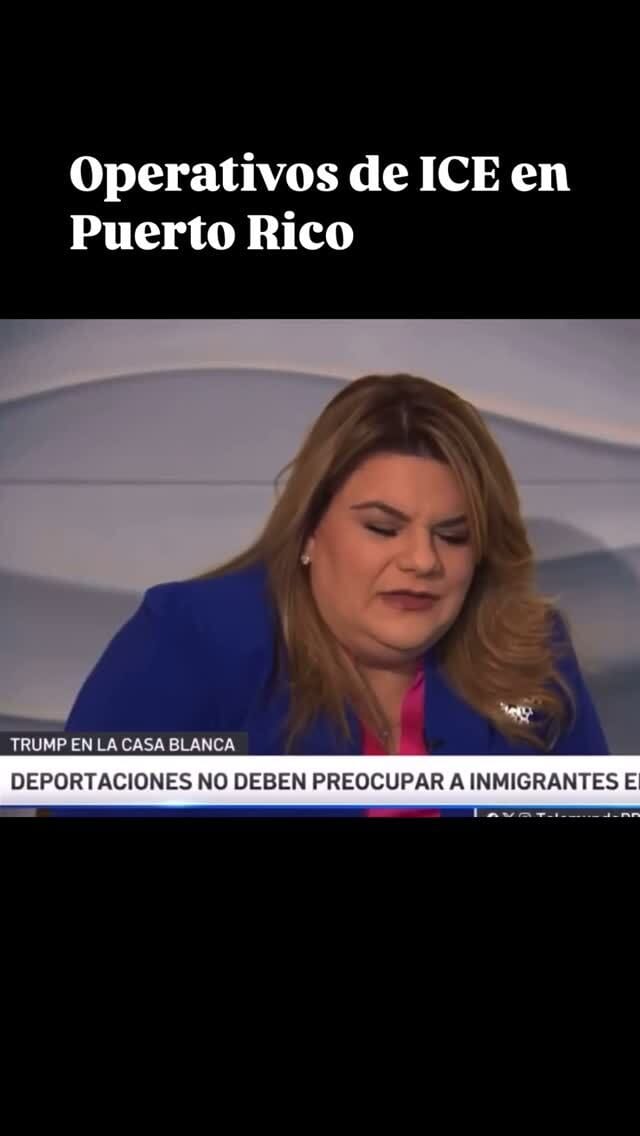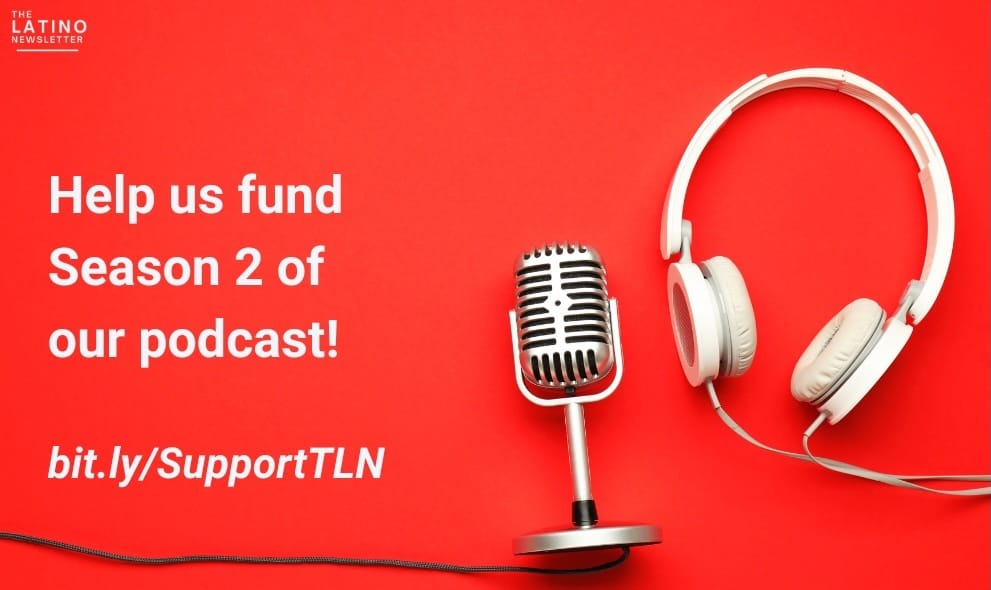Opinion for The Latino Newsletter

The Puerto Rican flag at Paseo Boricua in Chicago (Canva Pro)
If there’s any moment that recertifies that the admission of Puerto Rico as a U.S. state requires compliance with white supremacy, it’s the times we are living in now.
Last week, Homeland Security agents stationed themselves for hours on the grounds of the National Museum of Puerto Rican Arts and Culture in Chicago. Museum staff and local elected officials together denounced the act of intimidation, one they said was meant to stir panic in the days leading up to Latino festivals.
Puerto Ricans in Chicago and beyond have refused to allow our community to be pitted against others, including immigrants in Puerto Rico, a U.S. colony. Federal agents there have seized hundreds of people after Puerto Rico Governor Jenniffer González, a Trump supporter, said U.S. Immigration and Customs Enforcement (ICE) was focused on the U.S.-Mexico border.
The paramilitary-style abduction of largely Latino immigrants and the dismissal of due process is part of a recharged, raging white nationalist assault not simply given license by the White House but led by it. MAGA tapped into racism, xenophobia, and disinformation, as it positioned deeper billionaire control of government.
On social media, after the Chicago incident, there were outraged reactions and reminders that Puerto Ricans are U.S. citizens.
But citizenship is not some impenetrable shield against a white supremacist regime willing to break all rules. We have experienced a brand of citizenship that didn’t prevent 30% of Puerto Rican women from being sterilized or a Boricua autistic teen in Idaho from dying under a hail of police bullets.
Citizenship for Puerto Ricans, as with other nonwhite people, is fragile. Whose citizenship is most valued is a matter of race, class, and gender. While a buffer, citizenship is no guarantee of human treatment and dignity. A host of colonial and carceral policies attest to this.
Yet delusion abounds. Some Puerto Ricans repeat stale talking points about federal funding and security, as if we all did not just witness social safety nets rolled into a slaughterhouse, or see reports of Texans, citizens in a red state, being left to drown.
The ousted former governor, Ricardo Rosselló, still calls for Puerto Rico to be admitted to this nightmare, with statehood proponents like him suggesting that they would be assets to Democrats one day, then to Republicans the next.
Under “normal” circumstances, we were told that Puerto Rico could have the best of all under annexation. This ignored that statehood would require Puerto Ricans to submit to the steady erasure of our language, identity, and culture, and open the gate wide to U.S. settlers, with just enough natives left to serve them. A Puerto Rico for Puerto Ricans would become a Puerto Rico for U.S. Americans well-rehearsed in takeovers. The lesson is Hawai’i, where a U.S. gunboat-backed coup was followed by displacement policies.
This is how white supremacist colonialism operates. It’s not here to negotiate, only to reaffirm its self-ordained right to domination.
Riding out a fascist president or banking on a return to “normal” stranglehold colonialism is not a vision for our people. Instead, Puerto Ricans have a right to sovereignty and freedom, not subjugation under any administration. As we remain part of the resistance to fascism here, Puerto Ricans —as a collective people— and allies must also accelerate economic alternatives grounded in food, solar, and other sovereignty movements in the archipelago, where projects like the Cooperativa Agrocomercial are growing and distributing their own coffee.
We must participate in creative exchanges in the Caribbean and Latin America, regions where we are historically and culturally forged. In this spirit, La Tejedora took a delegation of young Boricuas to Barbados, where Prime Minister Mia Mottley is championing Caribbean unity.
In states, Boricuas must strengthen our community defense and mutual aid networks. Chicago institutions shored up their legal observers and security for the targeted street festivals, an example of acting together for safety.
Puerto Ricans are 9 million strong, but the majority of us are outside of our Caribbean country.
With this in mind, it’s time to wake up from Pretendland because Puerto Rico deserves more than an invitation to erase itself. The fever dream of statehood, of assimilation without annihilation, is just that, a dream. The price of admission to the United States has always been loyalty to a system built on white dominance and colonial violence.
The real work is to stop pretending.
We must courageously name the lies, reject the bait —levantarnos— and chart a freedom path rooted in our own dignity, language, memory, and power.
Erica González Martínez serves as Director for the national Power 4 Puerto Rico Coalition.
A Big Announcement!
As a founding member of the Latino Media Consortium, The Latino Newsletter learned on Wednesday that LMC is “a recipient of a $750,000 infrastructure grant from Press Forward, a national philanthropic initiative dedicated to revitalizing local news. LMC is one of just 22 organizations funded in Press Forward’s most recent Open Call, a $22.7 million commitment designed to strengthen the backbone of the news ecosystem nationwide. For us, this investment is more than a financial milestone—it’s a vote of confidence that Latino‑focused newsrooms belong at the center of America’s information future.”
What does this mean for The Latino Newsletter? Stay tuned!
Season 2 of Our Podcast
What We’re Reading
Trump and Immigration: This post from New Republic staff writer Greg Sargent caught our eye:
The Latino Newsletter welcomes opinion pieces in English and/or Spanish from community voices. Submission guidelines are here. The views expressed by outside opinion contributors do not necessarily reflect the editorial views of this outlet or its employees.



